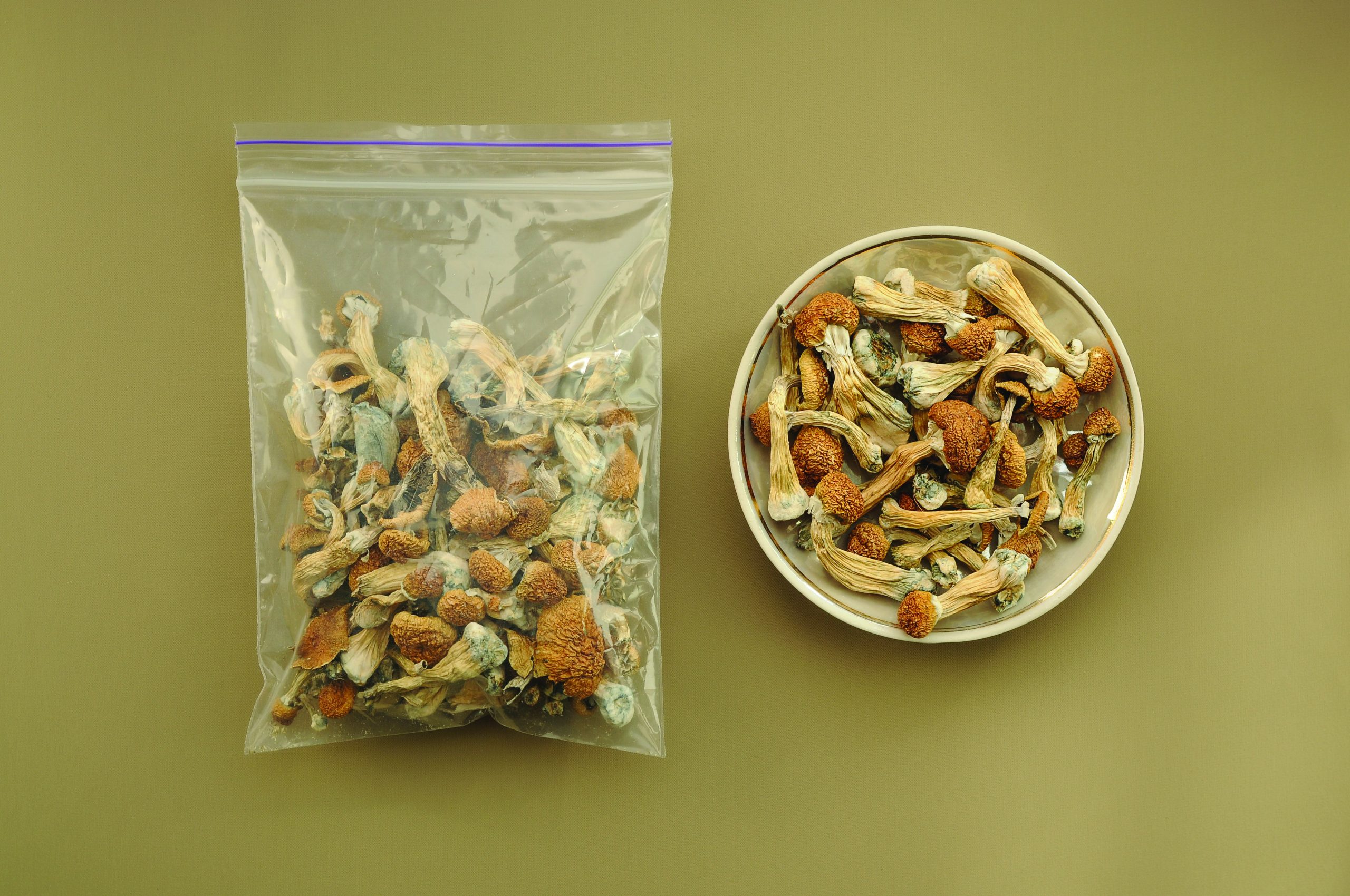
There are a lot of mixed feelings about bringing psychedelics into the land of American capitalism. Users often say these medicines can evoke feelings of oneness, unity, love — directionally antithetical to the self-interested, individualistic and profit-oriented nature of capitalism.
Psychedelics have produced profound, life-changing value for many who have had the good fortune of a positive journey, myself included. Clinical trials have shown that some psychedelics, used in combination with therapy, have tremendous healing potential for those suffering from a wide array of mental health conditions.
Where there is value, there is demand. And where there is demand, supply will emerge to meet it. In our society, markets bloom as persistently as mushrooms from a forest floor.
What will the psychedelic industry look like in the years to come? I’ve spent the better part of the last two years trying to come up with a well-informed hypothesis on the matter.
Starting in 2025, Colorado will allow licensed businesses called healing centers to host clients for a psilocybin journey under the supervision of a facilitator and using psilocybin that was tested by a lab and sourced from cultivators and product manufacturers. All of these businesses and professionals will be licensed. In fact, these license fees will actually need to cover the state’s cost of the program, as no taxes are being levied.
The rules around how all of this will work are being finalized now; applications for these various types of licenses will open by the end of the year. Within this scheme, there are legal commercial opportunities for healing centers, facilitators, cultivators, product manufacturers, labs and various endeavors to support this licensed ecosystem.
On the upside, these businesses will be able to advertise and serve customers who want the peace of mind that everything is above board and within a set of enforced rules. On the downside, operating within these rules will bring additional costs and overhead that will drive prices higher and eat into margins, compared to the less-regulated personal use space.
The big question is, how big will the market be? Oregon implemented a similar program in 2023. While the state initially neglected to collect basic data on their program, it is estimated that over 3,500 journeys took place across 27 centers in their first year, according to a May 2024 report from Healing Advocacy Fund, a nonprofit organization lobbying for policy reform nationwide.
The average cost of a journey is around $2,500, a price tag that may turn many consumers away or toward personal use. That number of journeys in Oregon is not very large, especially considering that a vast majority of customers are estimated to be from out of state.
If we can extrapolate to Colorado, we might only expect a few dozen healing centers over the next couple years, plus high prices and limited demand for these types of experiences.
Erik Vaughan of Epiphany Mushrooms, who is planning to open a pair of healing centers in Denver and Aspen, suspects most of his business will come from out of state, opting for a destination-appropriate experience.
“We’re going to market primarily in the midwest,” he said, “and support our clients with a virtual 12-week program around their journey.”
Beyond Colorado and Oregon, some 28 states are contemplating a psychedelic initiative according to Psychedelic Alpha’s U.S. Reform Tracker. Psychedelics are actually benefiting from bipartisan support, due largely to their evidence in treating conditions affecting veterans including PTSD, depression and substance use disorder. In fact, the U.S. Department of Veterans Affairs is funding its own research, supporting state programs and advocates for FDA approval of psychedelics.
A legal, regulated market is a step toward psychedelics becoming more available and accessible. However, for these treatment modalities to cross the proverbial chasm into the mainstream, there is still much to be learned about their efficacy, uses and safety. Colorado’s program will be scrutinized in the years to come as other states, health insurance providers and the wider behavioral health community continue to seek novel treatments for conditions of despair.
Niko Skievaski (niko@altheapbc.com) is a Boulder resident and co-founder of Althea PBC, a software company formed in partnership with the CU Medicine’s Department of Psychiatry, seeking to support the regulated rollout of psychedelics in Colorado and beyond. He serves on Denver’s Natural Medicine Work Group and has a background in healthcare technology.
